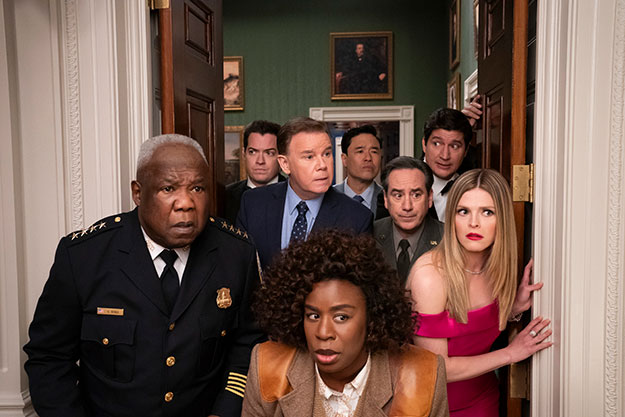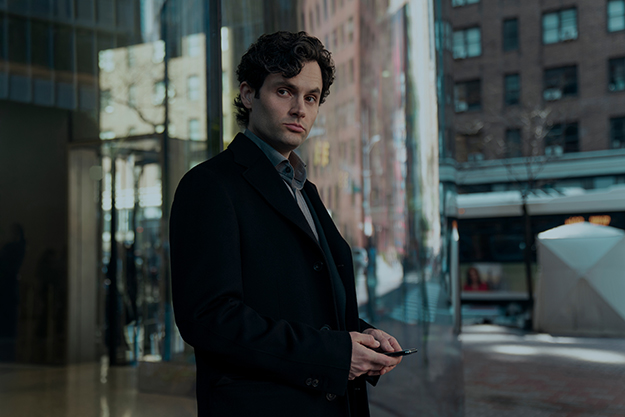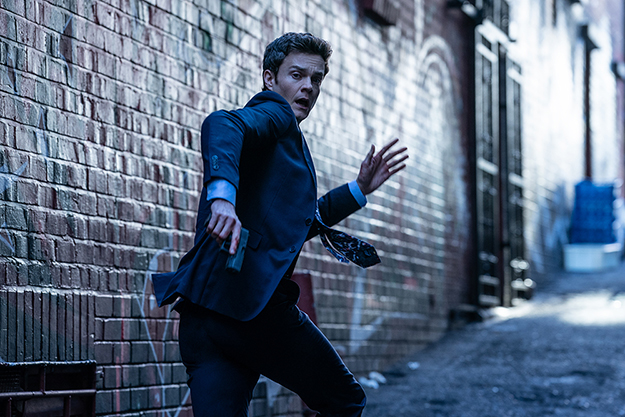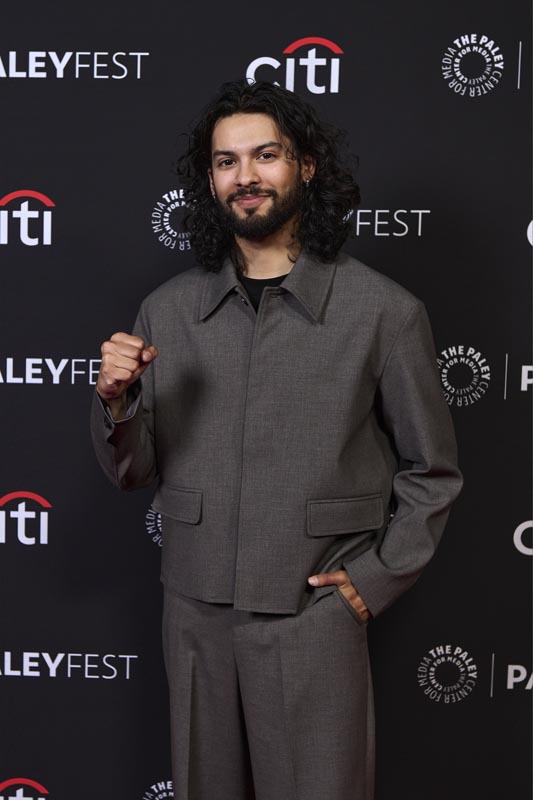Review: Discovering the Everlasting Legacy of Jackie Shane

Any Other Way: The Jackie Shane Story directed by Michael Mabbott and Lucah Rosenberg-Lee is a poignant tribute to the talented artist Jackie Shane, a singer who quickly rose to fame in the 1950s and captivated audiences due to her immeasurable talent. Despite there only being one visual recording of Jackie's performances, the entire film captures the power with which Ms. Shane moved through the world as a transgender Black woman, whose work, drive and immeasurable talent created a unique space for her work despite the challenging times and system she lived in. The film premiered back in March of this year at the SXSW Film Festival. Since then it has earned the DGC Special Jury Prize – Canadian Feature Documentary and the Top 10 Audience Favorite at Hot Docs Canadian International Documentary Film Festival.
I came into the movie theater not really knowing what to expect, as I had never heard of Jackie Shane. However, as soon as the film started, I could quickly relate to Jackie's ambition from a young age. Jackie was born to a young 16 year old mother. But it was her aunt who raised and embraced her, the person who Jackie called mother her entire life. Her mother (her aunt, who from now on I'll only refer to as her mother) took her to church and signed her up for the children's choir. Jacki's talent was quickly praised and was moved to the adult's choir to perform regularly. Eventually, Jackie left Nashville after someone told her that she needed to leave to find better opportunities that Nashville would not provide for her. Therefore, she moved to Toronto. It was there where her career flourished, from singing and playing the drums simultaneously to having her own show.
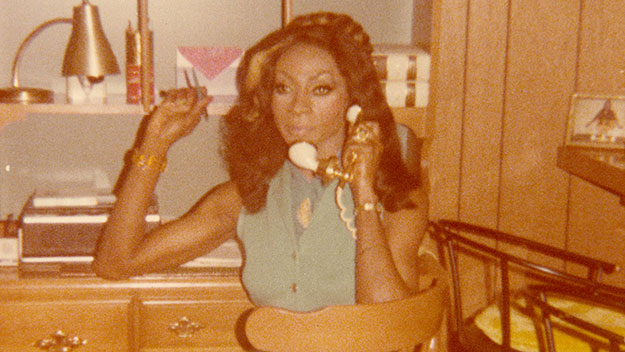
Despite her talent earning her so much recognition and support from her fandom, another aspect that made Jackie so unique was her commitment to her ideals and to not support the injustices she perceived. She neglected invitations to perform at some of the most sought after shows because they asked her to change her image in order to allow her time on the show; or because the shows exploited Black music but did not allow equal air time to Black talent.
Jackie performed her song "Walking The Dog" on Night Train in 1965, this is the only scene where we see Jackie in person, as throughout the documentary we see her mostly through rotoscope animation. Although this visual element came further into the narrative, it comes at a time when the audience has already connected with Jackie due to her emotional journey and drive. So seeing her perform exceeds any expectation because the audience is already rooting for her success.
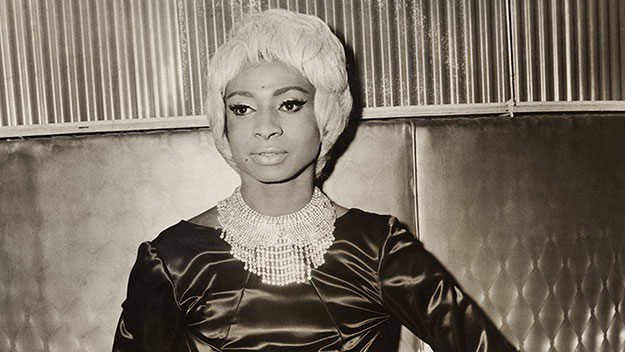
Shortly thereafter, Jackie's mother asked her to return to Nashville to help care for her birth mother and her husband. Although Jackie was the victim of violence by both parties at a young age, she was committed to her family and returned to help them. The former performer moved to an apartment across the street from the home she grew up in after they all passed. For years, Jackie only left her apartment once a month because she no longer wanted to interact with a world that did not understand her. However, after many years, Jackie decided she was going to release her music again. When she did, the albums quickly garnered Grammy nominations and Jackie started to prepare for a tour. But her life ended a bit too soon, when one day she did not wake up from her sleep.
I absolutely loved that the film did not solely focus Jackie's gender or racial identity, despite it being a central part of her story. But it highlighted so many other aspects of the musician as an artist with immense talent and a desire to live, love and be loved. In the last part of the documentary, we hear Jackie planning for her upcoming tours, and confidently stating that she would need a very large space for her concerts in Toronto, and she catches herself and realizes with utter confidence that she would actually need two nights because one night would not be enough for the amount of people that would want to attend her show. Jackie's confidence in her work was just incredibly refreshing to see. The documentary often felt like you were reading a children's animated heroine book, not because her story is childish in any way, but because it is told with such insight that the words and imagery feel almost poetic but accessible to all audiences. Unfortunately, Jackie Shane was not alive to see her story on the screen despite what the director described as long conversations sometimes lasting up to eleven hours. However, both filmmakers did justice to portray her story as a hidden gem that begets interest that goes further than the film allowing her musical legacy to live on.







